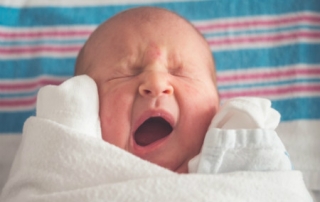Postpartum Depression and Positive Parenting Practices
How does postpartum depression affect a mother’s ability to care for and parent her child? Various studies have demonstrated that depressed mothers may be less attuned to their children’s needs, either being less responsive to the baby or, in some cases, too intrusive. Researchers have speculated that this mismatch between mother and baby may contribute to problems with infant bonding, delays in development and emotional dysregulation.










